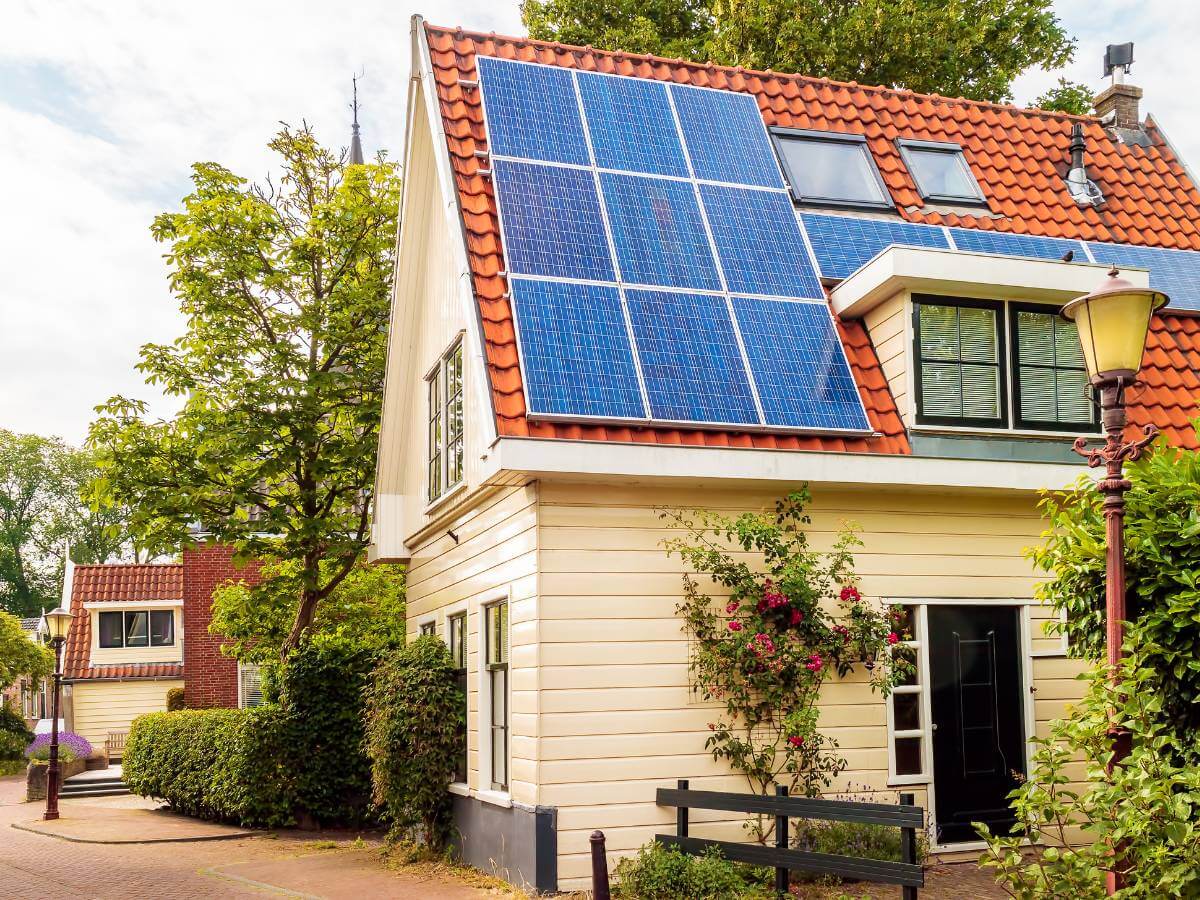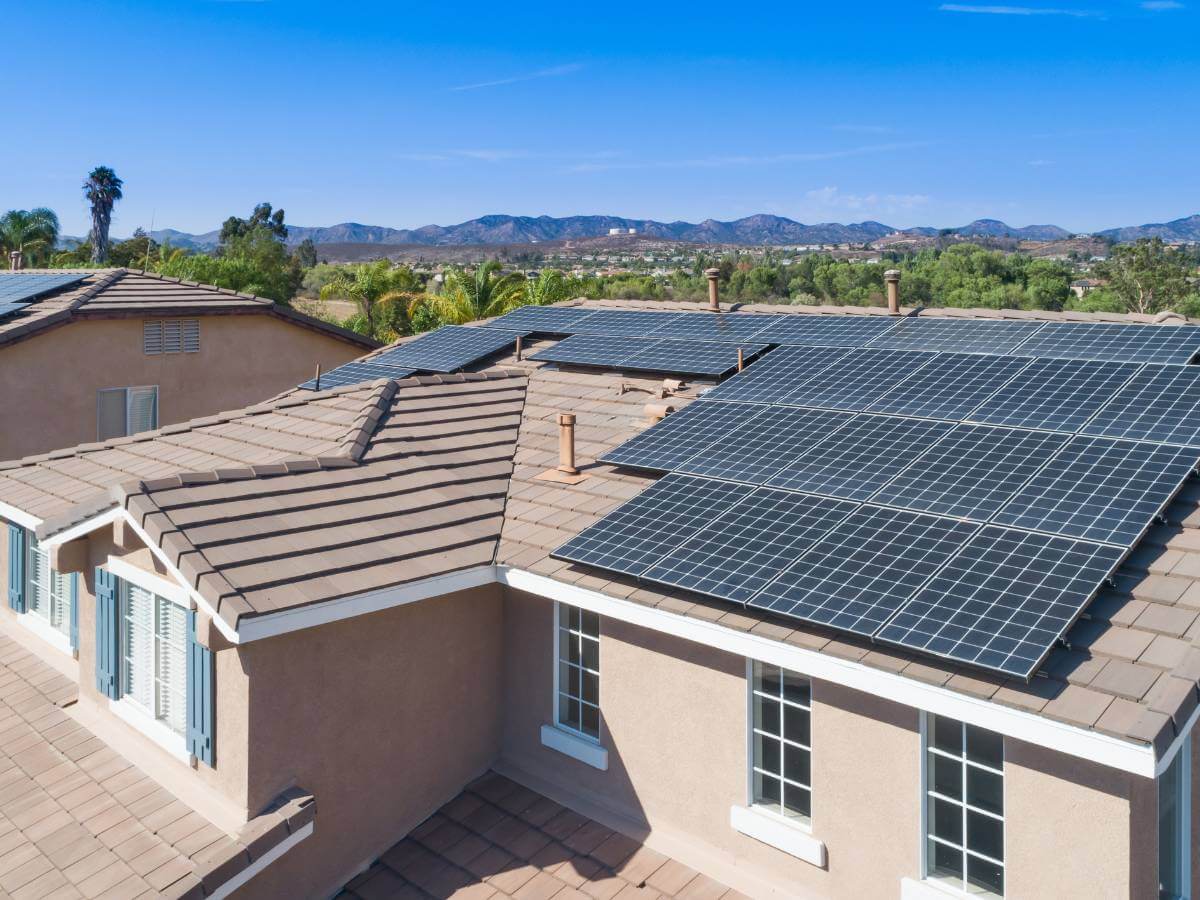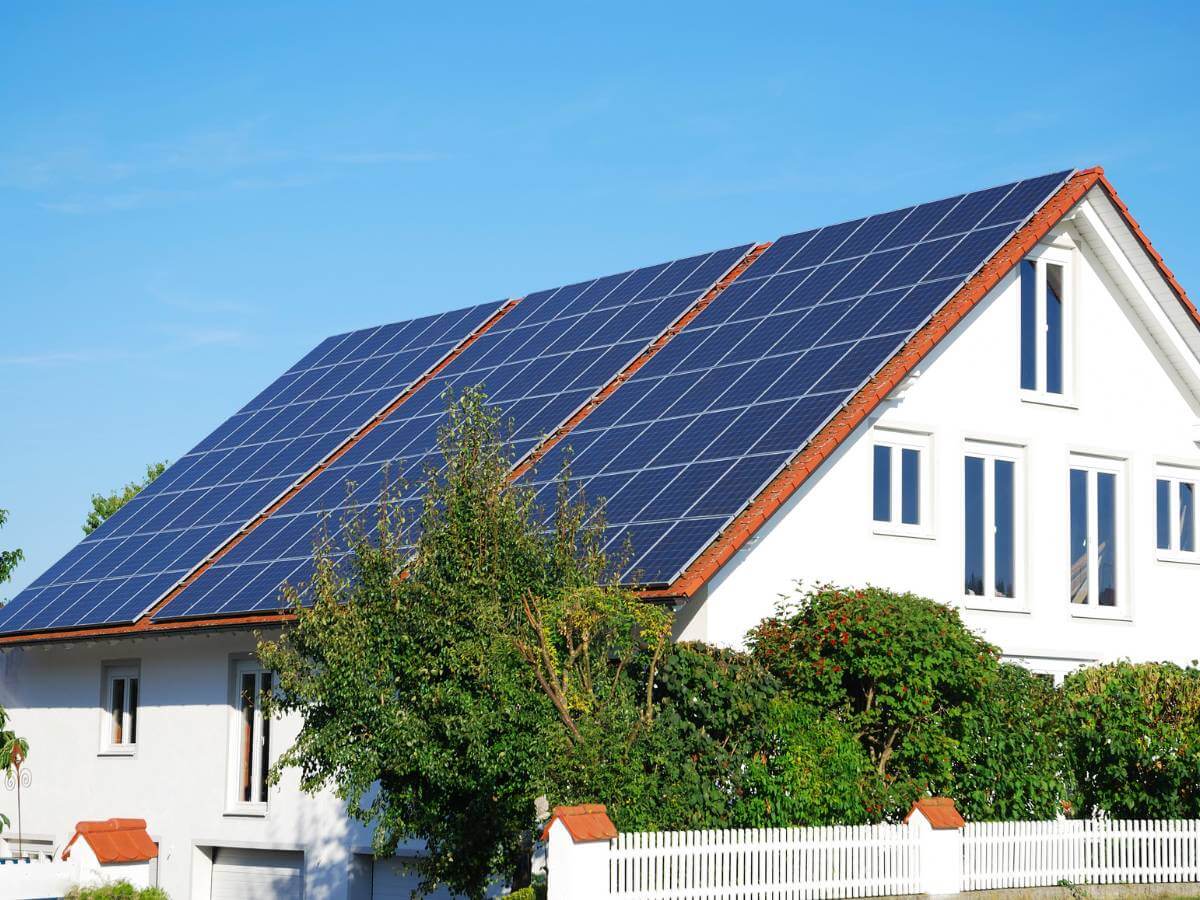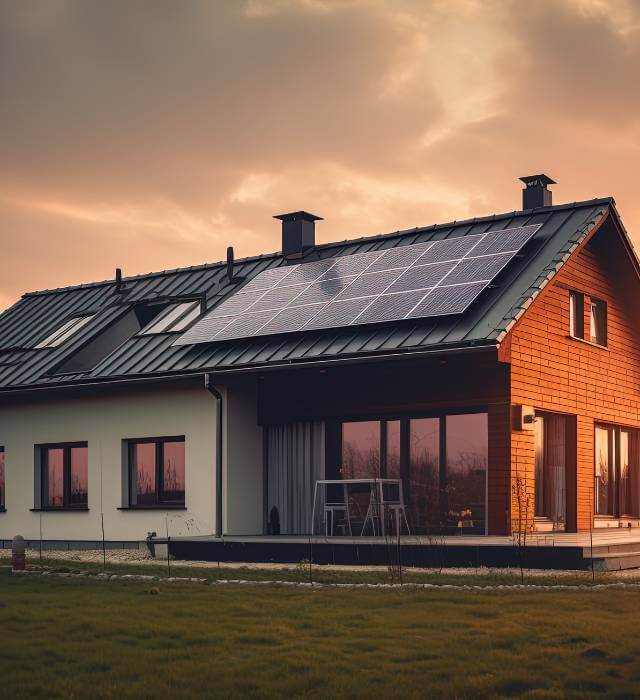
Can You Power Your Home 24/7 with Solar Energy?
The sun, a colossal source of energy that bathes the Earth in light and warmth, has become the focus of an ever-expanding quest for sustainable energy solutions.
Solar power, harnessed through photovoltaic panels, is a clean and renewable energy source that has gained immense popularity in recent years. One intriguing question that often arises is whether it’s possible to power a home continuously, 24 hours a day, 365 days a year, solely with solar energy. In this exploration, we’ll delve into the feasibility, challenges, and potential solutions to achieving round-the-clock solar-powered homes.
Understanding Solar Energy Production
To grasp the possibility of powering a home consistently with solar energy, it’s essential to understand the dynamics of solar power production. Solar panels generate electricity by converting sunlight into energy. This process is most efficient when the sun is directly shining on the panels, which occurs during daylight hours. However, solar panels can still produce energy in varying degrees during cloudy days or when the sun is at a lower angle. The crux of the matter lies in the fact that solar panels don’t produce electricity at night. The absence of sunlight during nighttime hours necessitates an alternative approach to meet a home’s energy demands during this period.
Daytime Solar Power Generation
During daylight hours, when the sun is shining, solar panels generate electricity. The surplus energy generated can be stored in batteries for later use or fed back into the grid, depending on the setup of the solar power system. Harnessing the power of the sun, solar panels are most efficient during daylight hours when the sun is shining directly on them. The science behind solar power generation lies in the interaction between sunlight and photovoltaic cells within the solar panels. These cells convert sunlight into electricity through the photovoltaic effect.
The efficiency of solar panels is highest when they receive direct sunlight. Solar panels are typically installed facing south to maximize exposure to sunlight throughout the day. The angle of inclination is also adjusted based on geographical location to optimize sunlight absorption. Additionally, clear skies and minimal shading from surrounding structures or trees contribute to optimal solar power generation.

Can You Power Your Home 24/7 with Solar Energy?
Storing Excess Energy: The Role of Batteries
One solution to the nighttime energy gap is the use of energy storage systems, such as batteries. These batteries store excess energy generated during the day, allowing homeowners to draw on this stored power during the night. Battery technology, including advancements in lithium-ion batteries, has significantly improved the efficiency and reliability of energy storage. However, while batteries have become more accessible and affordable, achieving 24/7 solar power with them comes with challenges. The capacity of batteries needs to be carefully calibrated to meet the energy demands of the household during nighttime hours, cloudy days, or periods of low sunlight.
Grid-Tied Solar Systems: A Continuous Connection
Another approach to achieving constant solar power involves grid-tied solar systems. These systems are connected to the electrical grid, allowing homeowners to draw electricity from the grid when their solar panels are not actively producing energy, such as during the night. Conversely, excess energy generated during the day can be fed back into the grid, often earning homeowners credits or compensation. However, this model is contingent on a reliable grid connection, and the extent to which you can offset your electricity bills depends on the specific net metering policies in your region. It’s worth noting that while grid-tied systems provide continuous power, they may not provide full energy independence.

Can You Power Your Home 24/7 with Solar Energy?
Challenges to 24/7 Solar Power
While the idea of powering a home around the clock with solar energy is appealing, several challenges need to be addressed:
+ Energy Storage Capacity
The capacity of batteries to store solar energy remains a limiting factor. While advancements are being made in battery technology, achieving large-scale energy storage for extended periods is still a challenge. Homes with high energy demands or those in regions with extended periods of low sunlight may require substantial and costly battery installations.
+ Seasonal Variations and Weather Conditions
Seasonal variations and weather conditions can significantly impact solar energy production. Winter months with shorter days and less sunlight pose challenges to maintaining continuous solar power. Cloudy days, common in certain regions, can also affect daily energy production, requiring larger battery capacity to store enough energy for such periods.
+ Energy Consumption Patterns
The energy consumption patterns of households play a crucial role in the viability of 24/7 solar power. Homes with high energy demands, especially during nighttime hours, may find it challenging to meet those demands solely with stored solar energy. Energy-efficient appliances, smart home technologies, and conscious energy consumption practices become essential components of achieving constant solar power.

Can You Power Your Home 24/7 with Solar Energy?
+ Geographical and Environmental Factors
Geographical factors, such as a home’s location and orientation, also influence the efficiency of solar panels. Homes in areas with consistent and prolonged sunlight have a natural advantage in maximizing solar energy production. Additionally, shading from nearby structures or trees can impact the performance of solar panels.
+ The Path Forward: Integrating Solutions
While the challenges are significant, advancements in technology and a comprehensive approach to solar energy use offer a path forward. Here are some key considerations:
+ Hybrid Systems: Integrating Multiple Energy Sources
To enhance the reliability of 24/7 solar power, hybrid systems that integrate solar with other renewable sources, such as wind or geothermal energy, are gaining attention. These systems leverage the strengths of each energy source to provide a continuous and reliable power supply.

Can You Power Your Home 24/7 with Solar Energy?
+ Advanced Battery Technology
Continued advancements in battery technology are pivotal to achieving 24/7 solar power. Research and development efforts focus on improving the energy density, efficiency, and lifespan of batteries. As technology progresses, more cost-effective and powerful storage solutions will become available.
+ Energy Efficiency Measures
Reducing overall energy consumption through energy-efficient practices and appliances is a critical component of achieving constant solar power. Smart home technologies that optimize energy use based on real-time demand and production data can further enhance efficiency.
+ Community Microgrids
Community microgrids, where multiple homes or businesses share energy resources, including solar power and storage, can provide a collaborative solution. Such microgrids enhance energy resilience, allowing communities to collectively address challenges associated with intermittent energy production.

Can You Power Your Home 24/7 with Solar Energy?
Conclusion: Toward a Continuous Solar-Powered Future
While achieving round-the-clock solar power for homes presents challenges, ongoing developments in technology and a holistic approach to energy use are making it increasingly feasible. The integration of advanced battery systems, hybrid energy solutions, and energy-efficient practices holds the key to realizing continuous solar power.
For homeowners considering a transition to solar energy, it’s crucial to assess their energy needs, geographical considerations, and available resources. The collaboration between researchers, technology developers, and homeowners will play a pivotal role in overcoming challenges and advancing the goal of 24/7 solar power—a goal that aligns with the broader vision of a sustainable and environmentally conscious energy future.
